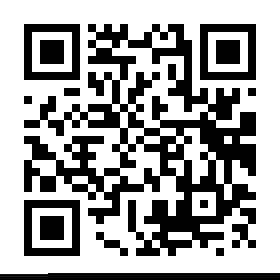Job interviews are nerve-wracking for just about everyone. And some people get more nervous than others. Unfortunately, when a candidate is nervous, those nerves may affect your ability to assess whether they’re really right for the position. And you could be missing out on a really great employee. So, what can you do to make this a non-issue?
Create a More Relaxing Environment
Rather than setting up the interview space as if it’s an interrogation or a parole hearing—where the candidate is on one side of a table or desk, facing a row of people—use a round or oval table where it’s easier for everyone to be face-to-face and to be heard. Instead of using the furniture to set up a literal barrier between yourself and the candidate, you’re using it to create a more conversational environment.
Let Them Know What to Expect
At the beginning of the interview, explain what type of interview format you’ll be using and the type of questions you’ll be asking. Include who they’ll be meeting and whether they’ll be given the opportunity to ask questions throughout the process or if they’ll have a chance at the end. This will help alleviate the candidate’s stress of facing an unknown process.
Watch Your Body Language
Just as it’s important for you to assess a candidate’s body language, be aware of the mannerisms you use and the signals you may be sending. Don’t lean forward aggressively, fold your arms or sit stiffly. Reinforce a candidate’s own positive body language by smiling regularly, nodding and maintaining eye contact. Letting the candidate know that the interview is going well and that you are interested in their answers should help them become more comfortable.
Adjust on the Fly
Instead of using the same questioning techniques for every interview, know how to change things up if a candidate seems nervous or intimidated. You can get a better sense of what kind of person you’re dealing with during the initial “ice breaker” phase of the process. Start by introducing yourself and then keep the tone conversational and light for a few minutes. You can ease into the interview with questions about the candidate’s background or basic yes/no questions. As the interview progresses, begin asking open-ended questions that will not only give them a chance to go into further detail about their thoughts, experiences, and skills, but will allow you to keep the tone of the interview conversational.
Hopefully your actions will help dispel candidate nerves and allow you to get a better idea of people’s true personalities, their work ethic and their suitability for your job.
Do you have any other tips or suggestions that you have found to be effective? Feel free to share them below! The recruiting team at Staffers, Jackson’s leading office administrative firm, would love to hear what strategies have been effective for your organization.






